Novas
-
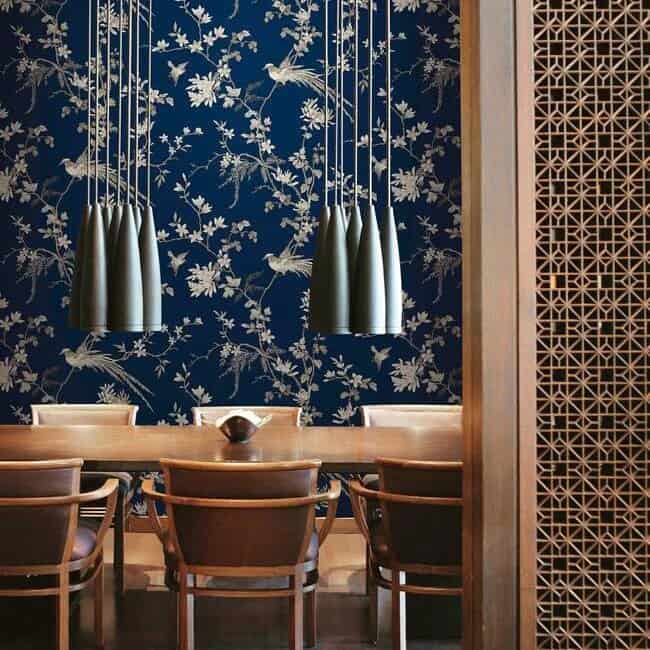
The Ultimate Guide to Types of Wallpaper Decoration Paper
Wallpaper has become more popular in recent years and the trend looks to continue far into the future. Since there are so many types of designs, materials to choose from and different applications to consider, this article is written as a guide to help you through the process.Read more -
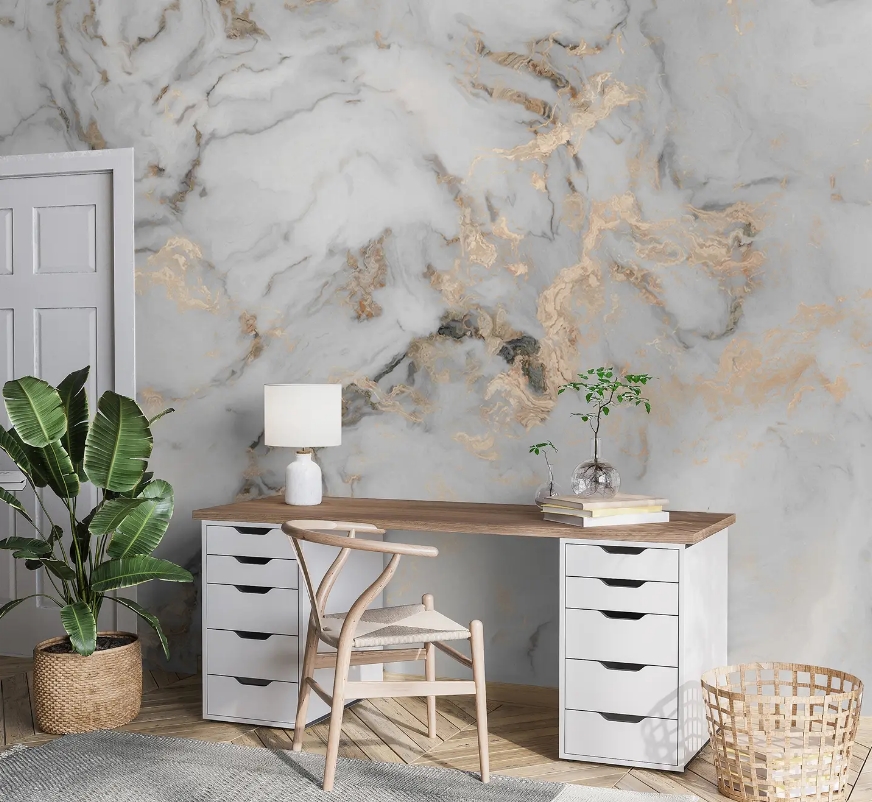
Trending Wallpapers 2024: Discover the Latest Wallpaper Trends Decoration Paper
Interior designing has evolved past the conventional colored plane walls. They are constantly transforming into a tool for fresh air, personality, and innovation in any living space.Read more -
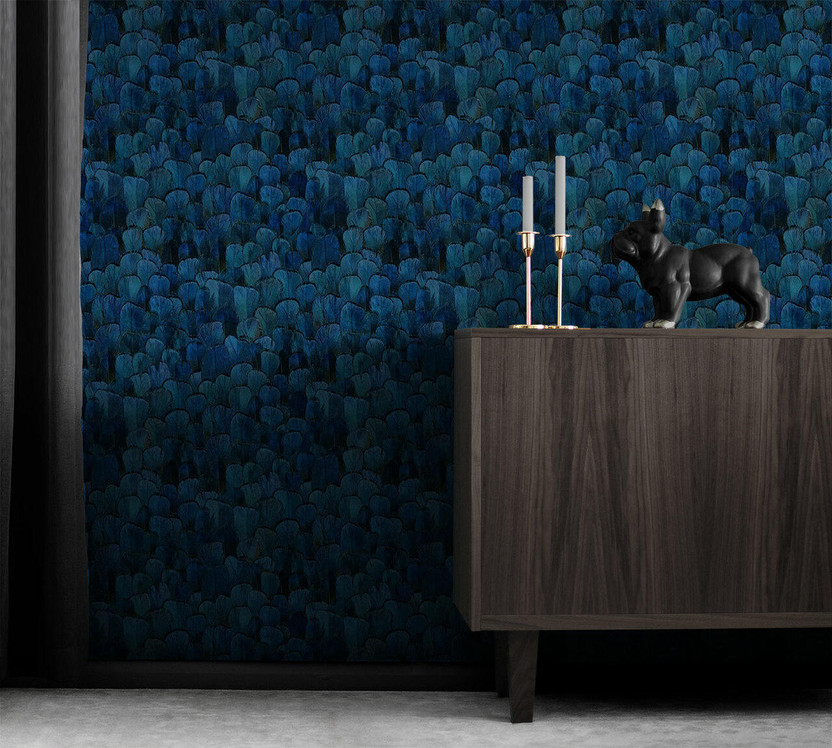
Choosing the Right Wallpaper for Your Renovation: 8 Wallpaper Trends for 2024 Decoration Paper
In 2024, wallpaper trends are set to significantly impact interior design, even in minimalist spaces, introducing pattern and texture for a cozier and more inviting feel. With design, application, and functionality advancements, wallpapers have evolved beyond traditional use, becoming a pivotal interior design trend.Read more -
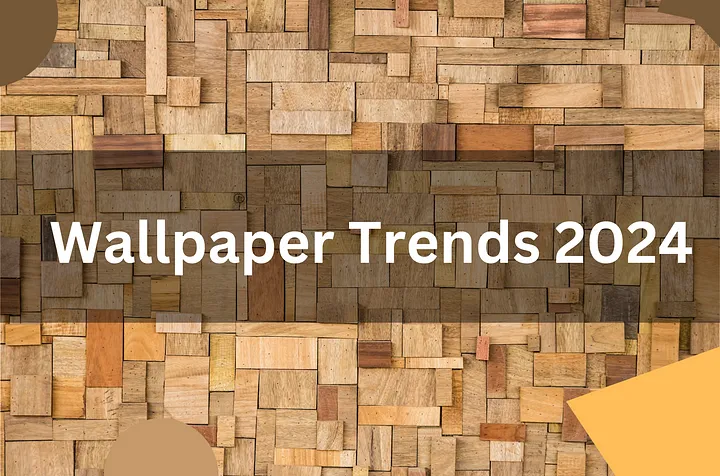
Wallpaper Trends 2024: What’s In and What’s Out Decoration Paper
As we step into 2024, the world of interior design is buzzing with fresh trends, especially in the realm of wallpapers. This year, the focus is on innovative designs that not only transform spaces but also reflect personal styles and contemporary aesthetics.Read more -
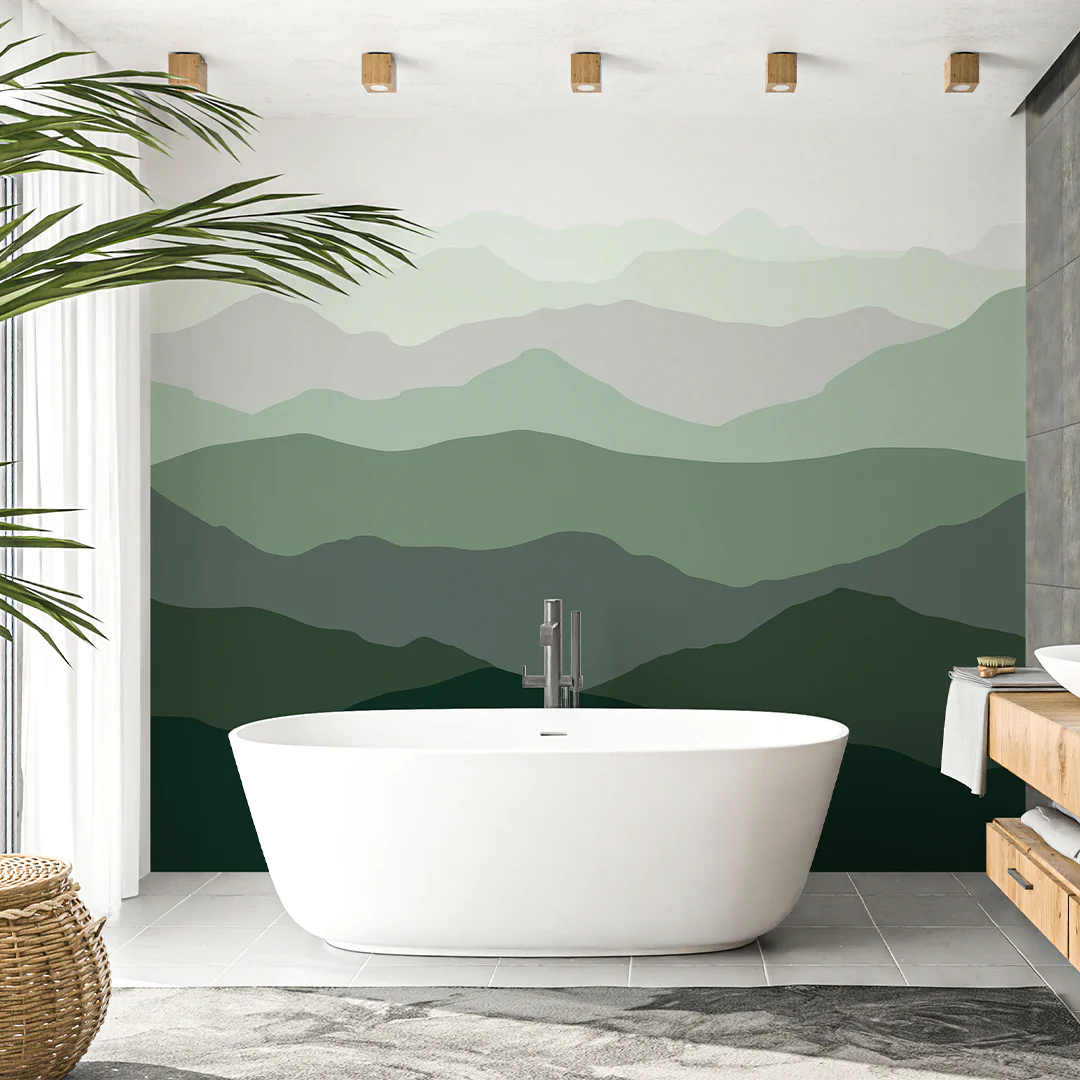
BATHROOM PEEL AND STICK WALLPAPER TRENDS 2024 Decoration Paper
In the dynamic realm of interior design, the year 2024 brings forth a notable trend: the prevalence of green color palettes in bathroom aesthetics. As individuals increasingly seek solace in nature and prioritize sustainability, the calming allure of green emerges as a pivotal theme.Read more -
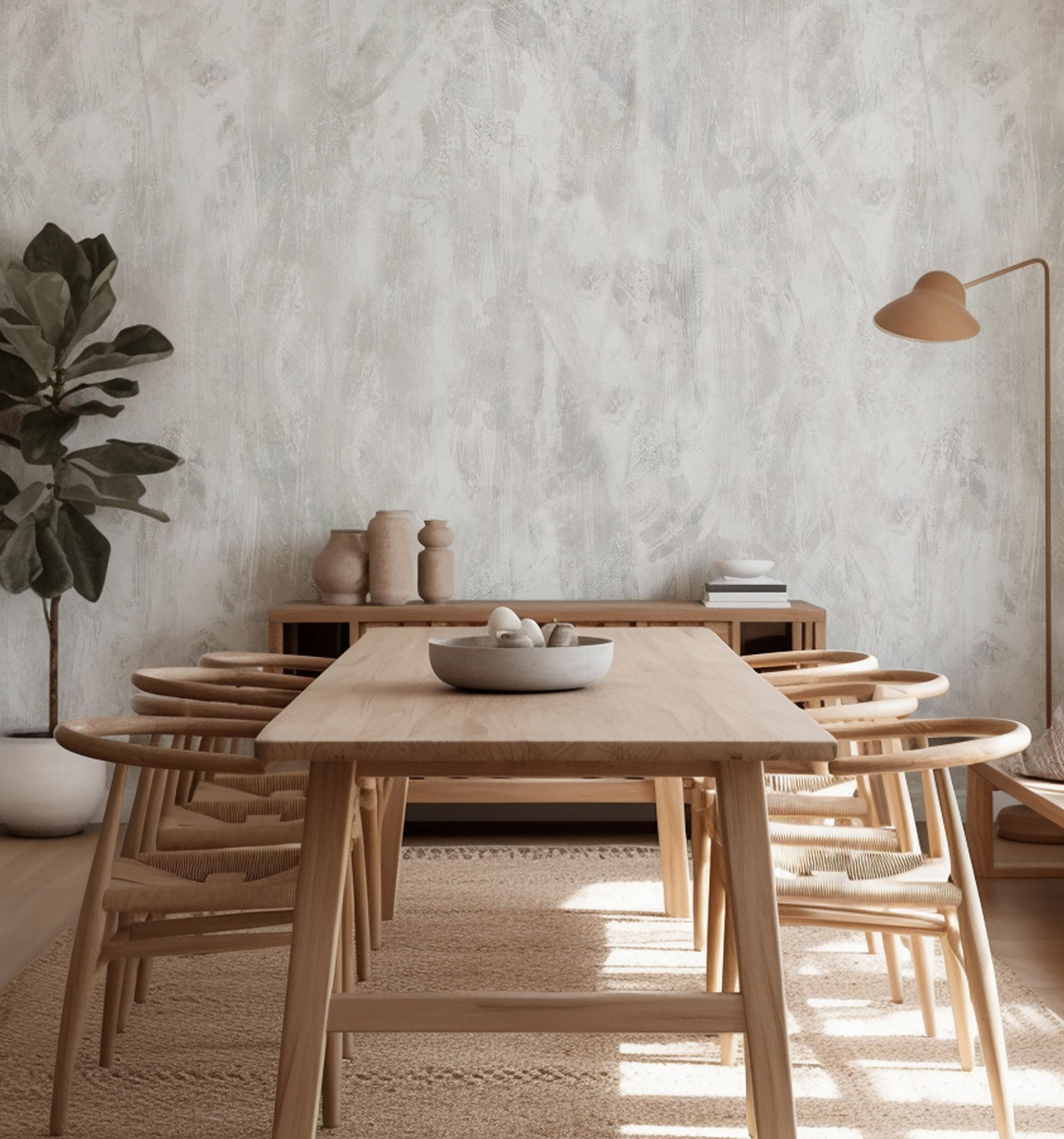
2024 Wallpaper Trends: Botanicals, Wood, Textures and Wallpaper on the Ceiling Decoration Paper
One of our favourite trends is wallpaper on the ceiling. Adorned ceilings feels like feature of a time gone by – we so seldom see this in houses now (unless you were lucky enough to nab a 100 year old house!).Read more -

Wallpaper for Walls: Design Trends 2024 Furniture Decoration Paper
Looking for a major overhaul for your home interiors? Well, wallpaper for walls could be just the right way to go about it. In 2024, wallpapers are not just about covering walls; they’re about expressing who you are. This year, we can see a shift from wall paint to wallpaper in interior design trends.Read more -
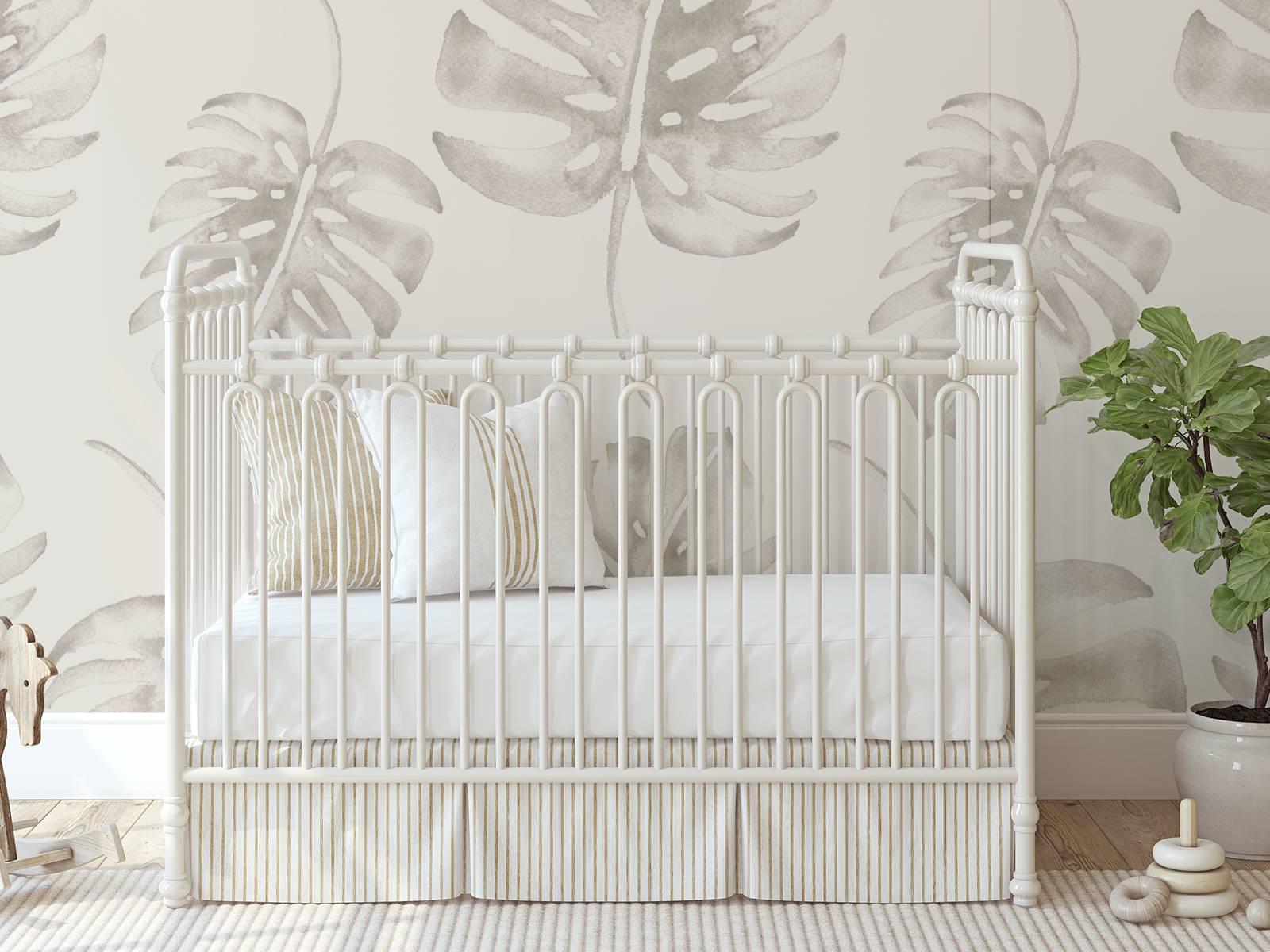
Check Out the New 2024 Trends in Designs and Patterns for Wallpaper Furniture Decoration Paper
The design world is constantly evolving, and peel-and-stick wallpaper has emerged as a versatile medium for showcasing the latest styles and trends. With a range of options from vibrant geometrics to tranquil botanicals, there is something to suit every taste.Read more -
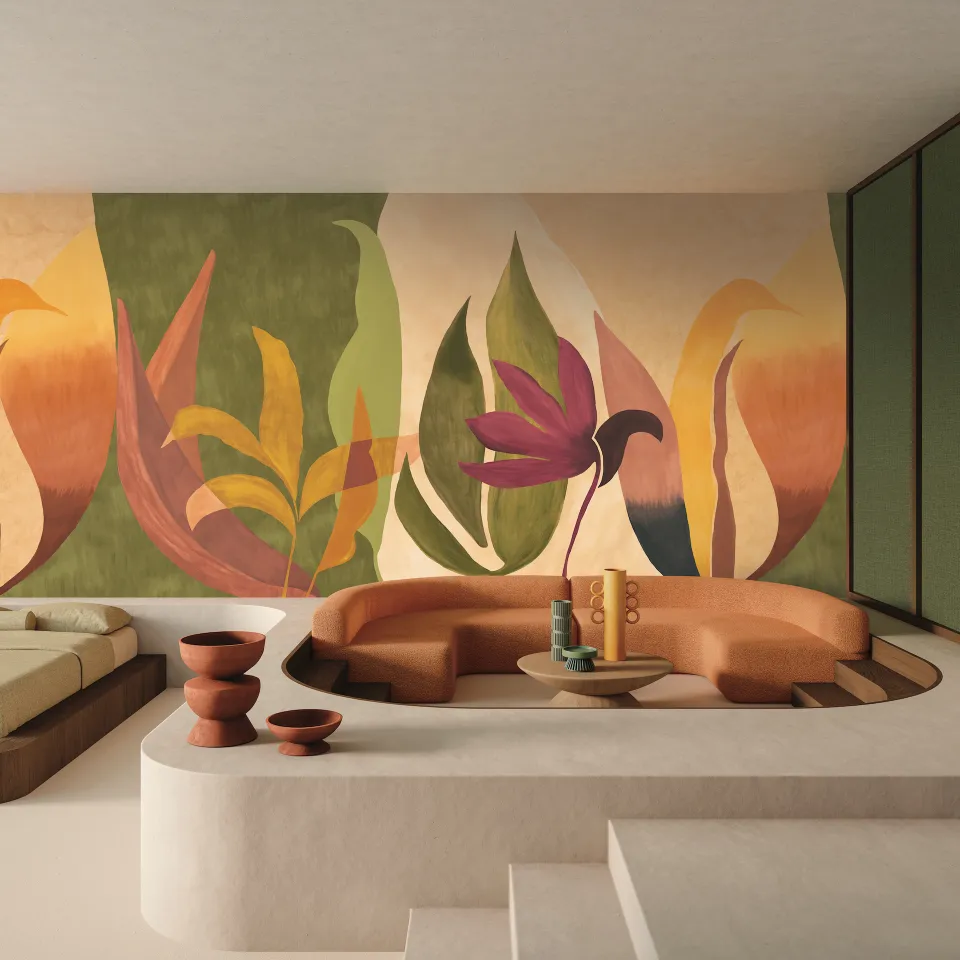
Wallpaper Trends 2024: These Patterns and Colours Provide the Joy We Need Furniture Decoration Paper
Wallpaper trends emerge just in time, typically by the end of January each year, offering a welcome departure from the monotony of greys and blues that has left us yearning for spring.Read more -
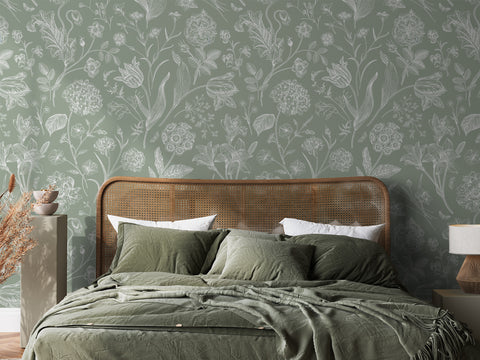
2024's Must-Have Wallpapers: Transform Your Space with Trendsetting Designs
As we navigate through 2024, the interior design landscape is alive with the latest trends poised to transform our living spaces. At Peel and Paper, we're leading the way with a collection of wallpapers that are not only visually stunning but also customizable in color and effortlessly chic.Read more -
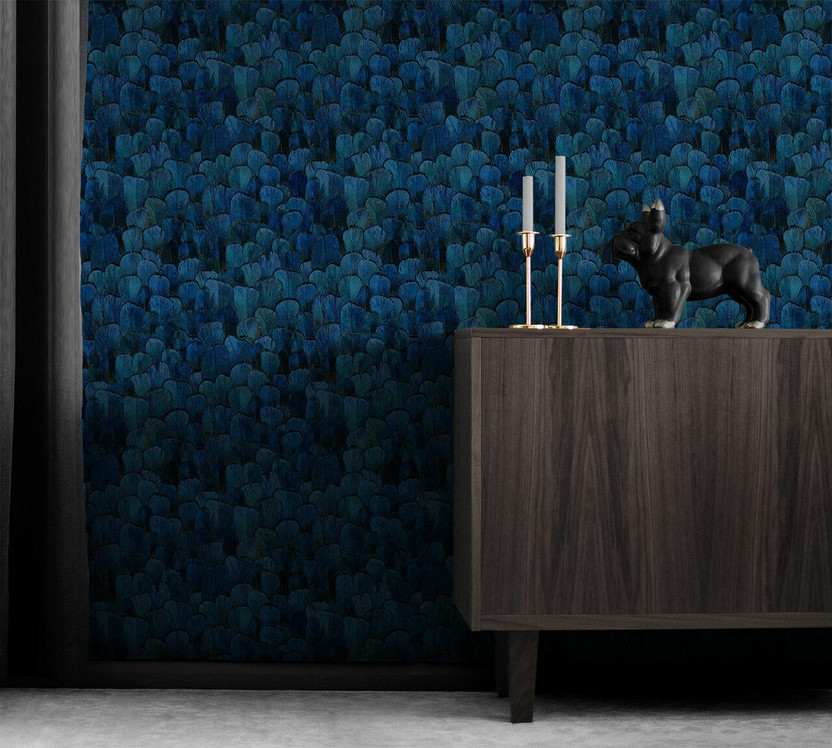
10 Modern Wallpaper Design Ideas for 2024 Furniture Decoration Paper
Wallpaper has been making a comeback over the years, and with modern wallpaper designs, it’s become one of the most popular wall treatments. It’s not just the new prints and broader colour choices that have got people excited, but also the wide variety of textures that help to create an environment that appeals to more senses.Read more -
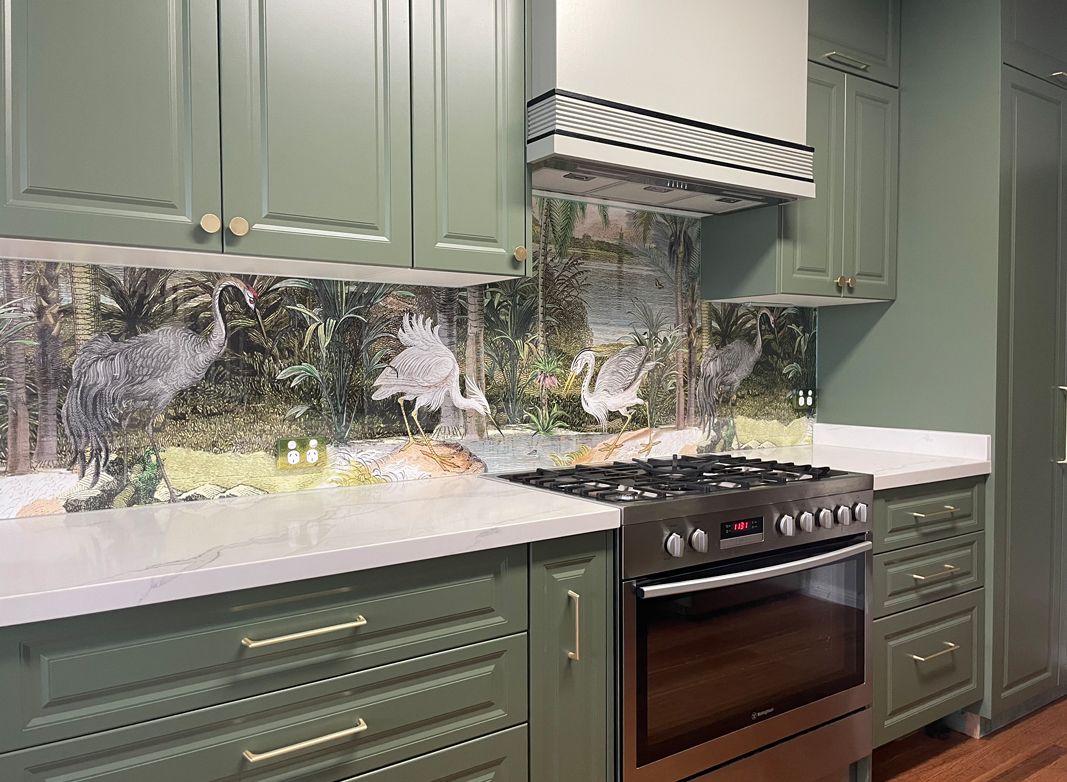
Wallpaper Trends for 2024 Furniture Decoration Paper
2024 is upon us! Where does the time go? As we leave the year behind, we’re looking ahead at the wallpaper trends for 2024 that we can expect to see in homes, magazines and social media feeds. As a wallpaper company, Milton & King can see trends in sales and where things are leaning.Read more

